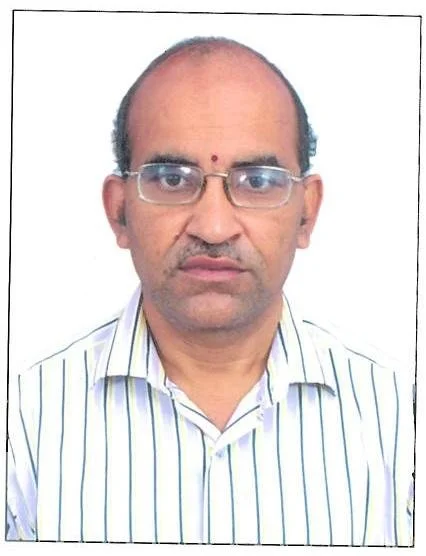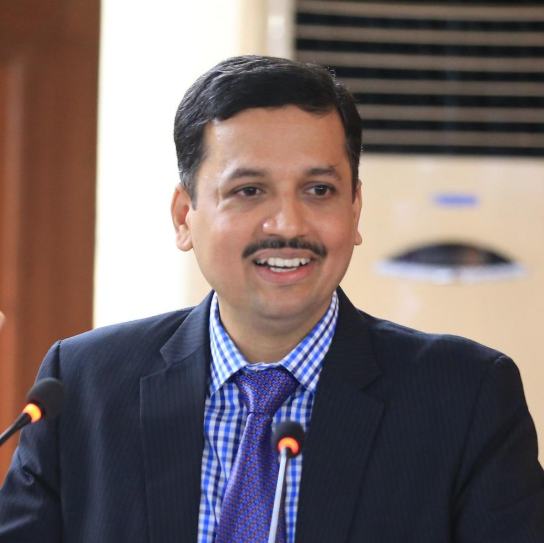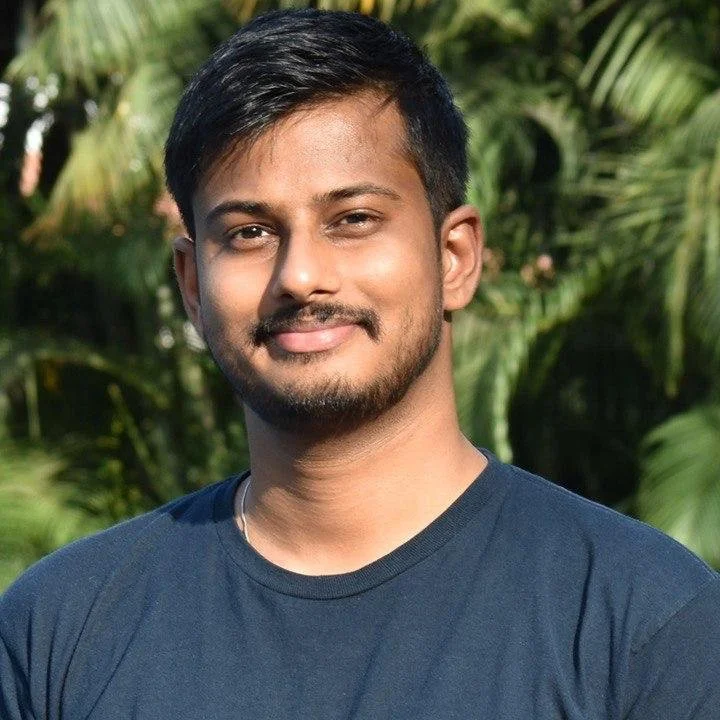Space Power: Advancing India's Interests in the Orbits and Beyond
Course Description
The ability to use space for commercial, scientific and military purposes is a vital determinant of national power. Recent years have seen the rise of a global commercial space sector, growing lunar ambitions, and plans for interplanetary exploration. However, these developments have coincided with increasing military dependence on satellites, the development of ‘counterspace’ capabilities, and growing concerns about space governance.
This short course will provide an introduction to emerging issues related to space and how those could shape India’s interests, its opportunities, and the choices it makes. The course will cover the government and commercial space sectors, strategic affairs, and international governance.
The course is primarily designed to be useful for government officials, members of the armed forces, space entrepreneurs, lawyers, academics, policy professionals, as well as other individuals interested in outer space affairs.
Entry Requirements
Only Indian nationals can apply. An undergraduate degree in any discipline is mandatory.
Those interested must fill out the application form, which will be reviewed by Takshashila’s Academic Committee.
Takshashila Institution will issue a Certificate of Achievement to participants who successfully complete the course requirements.
Admission Process
The Academic Committee will review the application form and Statement of Purpose. Please take some time to reflect on your purpose for taking up this course and how you think you will be able to use the learning in the future. The Committee gives significant weightage to this response in their decision while reviewing the application. Hence, you are requested to fill this with utmost sincerity and diligence.
Fees
Standard: The full programme fee is ₹42,000 + GST.
Scholarship: For students, Takshashila alums and serving members of the Indian armed forces joining in their individual capacities.
Serving Indian armed forces officers who are nominated for the course get full scholarship.
Fees, once paid, are non-refundable.
Course Structure
SP1: An Introduction to Space Power
SP2: India’s Space Reforms
PS1: Reliability and Quality Assurance of Space Systems
SP3: India’s Commercial Space Sector
SP4: Understanding Satellite Internet
PS2: Shaping India’s Space Doctrine
PS3: Not Running Another's Race: Space Power Projection Options for India
SP5: Nuances of the Outer Space Treaty
SP6: Space Law & Power Politics
PS4: Evolving Legal Frameworks for Space Situational Awareness and Space Domain Awareness
SP7: India’s Military Space Strategy
SP8: China’s Space Strategy
Frequently Asked Questions
+ What are the entry requirements?
Indian nationals with an undergraduate degree in any discipline.
+ How long is the ECC?
The course is a 5-week programme. The third saturday is off.
+ What is the teaching methodology?
The programme is delivered online through live webinars.
+ How many hours of work will a student be required to put in per week?
There will be two live online webinars every week, each lasting 90 minutes. Students will need to spend approximately 2-3 hours per week on readings and preparations. Therefore, the total amount of time that a student will be expected to spend in a week would be approximately six hours.
+ What are the fees for the expert capsule course? Is there any financial assistance provided?
The programme fee for ECC is INR 42,000 (exclusive of taxes). There is a scholarship for Takshashila alumni and serving members of the Indian armed forces.
+ Is there any application fee?
No application fee is required.
+ Which university will award the expert capsule course degree?
The Capsule Courses are an independent certificate programme of the Takshashila Institution and is not affiliated to any university.
+ What are the application deadlines?
Admissions to the course are on a rolling basis. The last day for applications is Sunday, 27th July, 2025.
+ When will the programme begin?
Classes for the ECC will commence on Sat, 2 August, 2025.
+ How do I apply to the programme?
Applicants can fill the form by clicking on this link
+ I have another question!
Email your queries at capsulecourses@takshashila.org.in
This course is supported by the India Space Association.
Key Dates:
Application deadline
Sun, 27 July 2025
Programme begins
Sat, 2 August 2025
Programme ends
Sat, 30 August 2025
Featured Faculty
S. Chandrashekar
S. Chandrashekar was the JRD Tata Visiting Professor at the National Institute of Advanced Studies. He also spent more than 20 years working at ISRO where he covered all parts of the programme including satellites, rockets and remote sensing. He has represented and led Indian delegations to the United Nations Committee on the Peaceful Uses of Outer Space.
Dr. Prakasha Rao PJVKS
Dr. Rao was employed in Indian Space Research Organization for over 37 years. He has served in several senior positions including as Director of Space Infrastructure Programme Office & Directorate of Safety, Reliability and Quality at ISRO Head Quarters. He is currently engaged as a Resident Expert at IN-SPACe.
Narayan Prasad
Narayan is Chief Operations Officer at satsearch, the world’s largest marketplace for the space industry that streamlines procurement for team building space missions and suppliers. He also hosts the NewSpace India podcast, where guests discuss the Indian space program and its progress.
Dr. Sandeepa Bhat
Prof. (Dr.) Sandeepa Bhat is working as a Professor of Law and the Director of the Centre for Aviation and Space Laws at the National University of Juridical Sciences, Kolkata. He was the UNIDROIT Correspondent for India. He has published six books on space law, four books on medical law and one more on aviation law.
Pranav R Satyanath
Pranav is a Policy Associate at SkyServe, an AI & edge computing technology company for satellites platforms. His research lies at the intersection of technology and policy, and he has written extensively on subjects related to arms control, domestic space policy, space warfare and international space cooperation
Geetanjali Kamat
Geetanjali manages the Legal and Policy vertical at Digantara. Her profound expertise in space law and its practical applications in the commercial space industry allows her to expertly navigate the company through intricate regulatory landscapes while overseeing contractual affairs. She holds a ‘cum laude’ distinction from Leiden University’s Advanced LL.M. program in Air & Space Law.
Ashok G.V.
Ashok G.V. is a Partner with Factum Law, Bengaluru, India. He advises space technology companies on Domestic and International SATCOM and Remote Sensing Regulations. Ashok has also addressed audiences from national security backgrounds on space security and has authored papers and articles on the subject.
Adithya Kothandhapani
Adithya is an independent space analyst with a background in systems engineering for commercial lunar missions, Earth Observation & VLEO satellites. He writes “Demux’d Thoughts”, analysing space systems and strategies impacting India’s space power
Aditya Ramanathan
Aditya Ramanathan is a Research Fellow with the Takshashila Institution where his work focuses on outer space affairs and advanced military technologies. He is co-editor with Lt General (Dr) Prakash Menon of The Sheathed Sword: From Nuclear Brink to No First Use.
Ashwin Prasad
Ashwin is a Research Analyst at the Takshashila Institution. He monitors the evolution of India as a space power by undertaking policy research on the commercial, legal, and strategic aspects of outer space affairs from an Indian national interest perspective.












